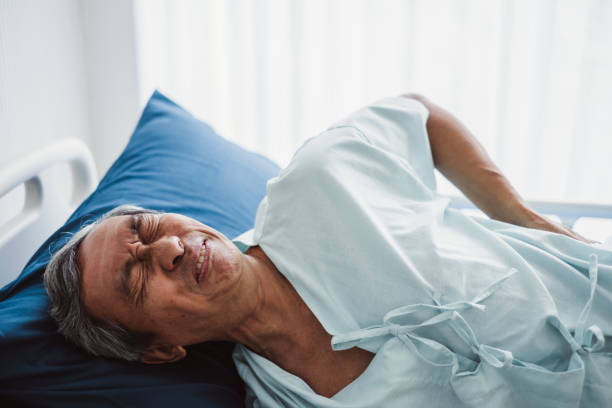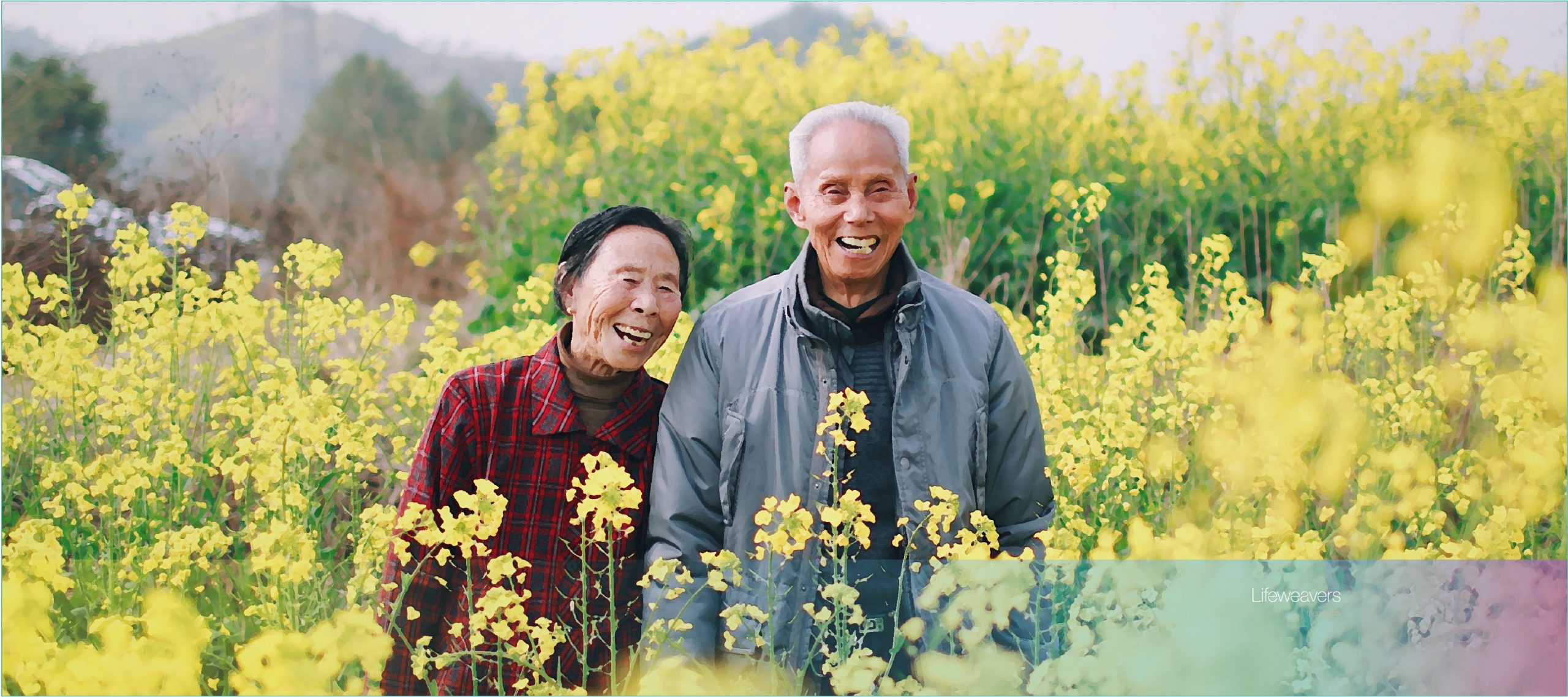Answer: Professional Therapy is not a Luxury but a Life Necessity.
Everybody should live a healthy and stress-free life. Many do not really want to think about anything stressful such as the possibility of falling sick, but it does take discipline and being correctly informed about one’s health and the potential pitfalls to keep this serenity.
There are many reasons to consider the need for therapy. We really hope you do not need to but as a medical company in the community, we saw the necessity to promote sustainability in one’s health as a wider strategy to uplift the population, starting with the right mindsets.
Rising Medical Costs
Let’s be honest, healthcare costs have been rising exponentially over the past decade to the point that some people perceive therapy as a luxury and ignore it till it’s too late – when their health desperately deteriorates. Having to potentially deplete one’s savings is one thing, but to put health at risk would be even more painful, literally.
It takes a lot of resources to keep the high standards of healthcare, which usually corresponds with the rising cost of living. Even with state subsidies, the cost of deploying all the resources is undeniable when everything and everyone working on a case is to be accounted for.
Moreover, our quality of life is priceless. People should be able to prevent diseases and live healthy, fulfilling lives. Not only can one save on medical bills, but it is even more important to design a life that is full, meaningful and sustainable.

Prevention and Wellness
Therapy designed by Allied Health Professionals (AHPs) is aimed at promoting wellness to everyone. To think about prevention of decline when one’s healthy is the best insurance one can buy.
The prevention of disease and achieving good health brings confidence for us to plan our lives ahead and have the ability to take on challenges without doubting one’s future. It is our responsibility to work on this now so to avoid complications later – you are futureproofing yourself and those who may end up being responsible for you.
Our clinicians systematically assess the individual in the most holistic perspective of medicine – the biopsychosocial model of healthcare – which will take into consideration of the person, their past and current medical and mental condition, their routine, habits and interests, their social network and what they want to achieve before an intervention is recommended and a therapy plan executed.
After the industrial revolutions, many people let work take over their lives. At some point, there is even a culture that somewhat glorifies working. While it is an admirable trait to be hardworking, it should not overcome one’s health and overwhelms life. AHPs look deeply at these issues. They work with companies to actively solve health related issues, working with corporate management by pinpointing ergonomics problems and mental health which may hinder their staff from their full potential and having a work-life balance. This in fact, will even yield higher productivity and turning the workplace into a highly positive environment to spend a large part of their waking hours at.
AHPs also work with mothers in the pre, during and post natal stages to ensure their own health are not neglected during the childbearing months and look into ergonomics, mental health and general wellness after childbirth.
With our older population, the AHPs see that the seniors flourish, living meaningful lives with dignity, self-efficacy and the opportunity to enjoy themselves with their loved ones and family. They’ll help them find new meaning in life after retirement and help keep them active and sociable to promote high quality well-being.
They will even look into the skills and condition of caregivers, such as our domestic helpers, to ensure they have ample and the right skills to avoid injury to the ones they care for, and themselves. Having a caregiver who is burnt out is one of the most common pitfalls in our society. You won’t have a strong care support structure if one of the pillars are weaken and all will fall apart.
AHPs promote simple and highly creative interventions that are usually in the simplest of forms, to yield maximum therapeutic benefits. A walk might seem to be just commuting for some but time spent in a park or out in nature will lower the levels of cortisol at the same time raising the levels of serotonin without having to take a single pill! They are specialists in incorporating social activities like these and beyond with the right clinical reason to enable a more holistic therapy plan than just medical interventions.
Treatment
Allied Health Professionals are crucial in the rehabilitation of both short and long term health complications back to normalcy. They work with people with physically disability as young as from birth and through continuous therapy, they can attend school, undertake normal activities and learn life skills to “hack” their impairment. In hospitals, AHPs are highly vital alongside doctors in the acute setting to enable people to be outpatient safely and find strategies to sustain themselves at home.
Outside of the acute setting, they have the advantage of working on deeper goals. They’re not limited by the constraints of the hospital and the world is their oyster, quite literally. One will find a very different approach to therapy in the community setting, when the AHPs are free to include any available resources they can find to help achieve the goals one can dream of. They will make use of any environment, tools and collaborators that are appropriate and align to the therapy plan and standards they’ve designed.

At Lifeweavers, this is our specialty: delivering accelerated or continuous therapy in the community, to rehabilitate people in their own homes. The home is one of the most natural and effective tools for rehabilitation. Lifeweavers have a multidisciplinary AHPs team consisting occupational therapists, physiotherapists, psychotherapists, hand therapists, speech and language therapists, dieticians, and each clinician also have condition-specific specialisations such as dementia, stroke or amputations. The team works hand in hand as a concerted effort for each client, sharing medical knowledge and expertise, to achieve higher quality outcomes.
They educate and impart knowledge, skills and strategies to both clients and their families with decades of evidence-based experience to ensure that one takes their health in their own hands. No one can help you better than yourself – that’s the first switch in mindset one needs to take in – or even miracles won’t necessarily work the wonders in one’s life.

Suggested Read: Don't Treat It, Prevent It
When we are young and fit, we can be guilty of taking our health for granted. We think about the here and now, with little thought about the consequences in the future.
SHARE THE ARTICLE WITH ANYONE ON THE PLATFORMS BELOW:




